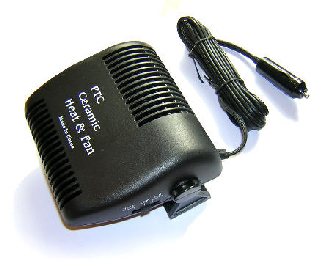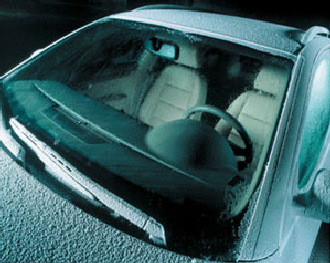Prepare your Engine for Winter
By Shenron on Dec 05, 2007 with Comments 0
That little thing under your hood – or big if you have something better than a Honda eco car – is not something that you can say “Well its metal, it cant be hurt by the cold”. Wrong, in fact, dead wrong. Oil can coagulate, anti-freeze deficiencies. Not only does anti-freeze lower the freezing point so that you don’t have a bricked engine, it also increases the boiling point so that you do not overheat your engine – it also acts as a heat conveyance material as it absorbs heat from the engine and delivers it to be dissipated in the radiator – furthermore it decreases corrosion caused naturally or by the actions of two incompatible metals that share the same space and touch. If you live in especially cold areas, it is a good idea to flush the system and use an anti-freeze that will not turn to a fancy ice during the coldest days of winter, and it is also a good idea to have an early oil change. Synthetic oils that are rated for your vehicle and for the temperatures you encounter are very good, as they seem to have less of a slowdown issue than other more “natural” oils that really like to gunk up cars I see. If your local mechanic says you can use a different kind of oil in your car during winter – trust him.
In addition to making sure your oil and your anti-freeze stays liquid, rather than becoming a solid problem, you might want to take a look at the other fluids that are running through your vehicle in winter. Gasoline sometimes contains water, and because the gas tank will get just a cold as the rest of your vehicle there is a chance in some un-insulated or thinly double insulated (which is usually the law to have because of the risk of a fuel leak in an accident) tanks can freeze – and even the best ones if left for a long time with a low amount of fuel and a lot of excess water. It is a good idea to keep the tank above half way full, and to use additives to keep the water from causing issues in the engine. Furthermore when you start your car you should definitely wait before leaving the driveway – but please don’t be a statistic and warm it up in the garage. In the garage, even with the door open, exhaust can accumulate and cause respiratory problems, and in severe cases death – like breathing in a plastic bag until there is no air left.
Finally, there is one more aspect of the engine that can be severely undermined by the cold. Your battery. When a battery gets too cold or too hot it will lose efficiency and thus lose its ability to maintain a charge that will start your car. Before winter hits invest in a good battery that can withstand temperatures of your region, and go ahead and replace the belt on your alternator, and even other rubber belts in your engine right about now. The freezing effects of ice will cause the rubber to become stiff, and as it ages it will begin to crack and lose grip. Along with that ice can also short circuit any electrical components that are at risk – so make sure these get insulated as soon as possible.
Filed Under: General

